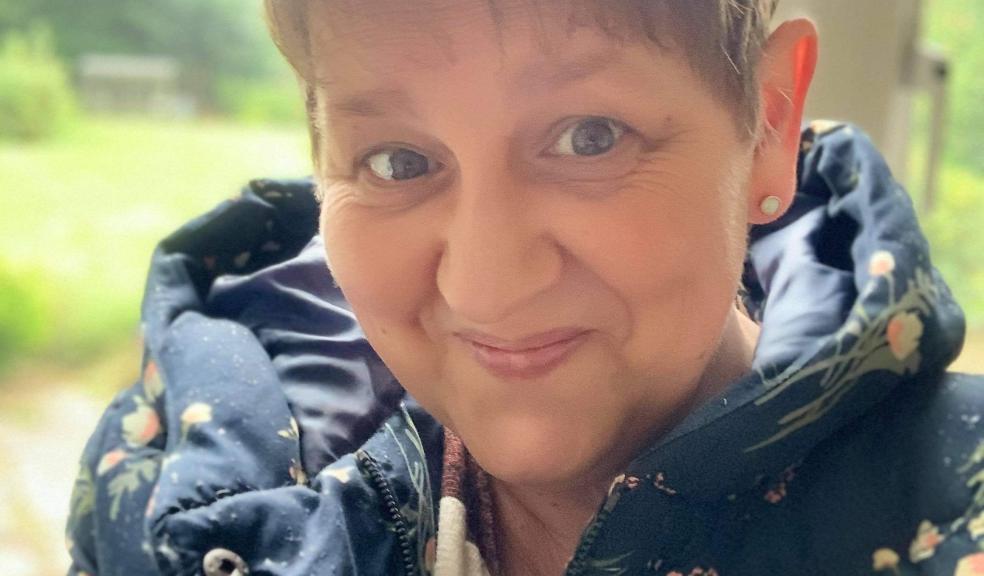
Rise in excess heart and circulatory disease deaths in under 65s since Covid-19 pandemic began
There have been almost 800 excess deaths in those dying below the age of 65 from heart and circulatory diseases since the Covid-19 pandemic began, a new analysis by the British Heart Foundation (BHF) has revealed.
Figures from the Office for National Statistics (ONS) show that excess deaths in England and Wales for many health conditions spiked during the first peak of the pandemic in March and April. Then, in the 10 weeks following, the numbers fell back to levels seen before the peak.
But excess deaths from heart and circulatory diseases in people under 65 remained disturbingly high even after the first peak - with rates almost 13% higher than usual between May and July.
The BHF believes that delays in people seeking care, coupled with a reduced access to routine tests and treatments during the pandemic, have likely contributed to the rise in excess deaths. It now warns that figures could get worse due to increasing Covid-19 cases and the winter pressures on the NHS.
The analysis of the most recently available figures shows that during the first peak of the pandemic, there were almost 2,800 deaths in the under 65s where the underlying causes were heart and circulatory diseases - around 420 more deaths (17.5% higher) than expected for that period of the year. Then, between May and July, almost 3,100 deaths were registered in this group – around 350 more deaths (12.8% higher) than expected for that period of the year.
In comparison, there were no excess deaths in this age group between January and March - with the number of deaths lower than usual for that time of the year. The analysis also shows that excess deaths in this age group have risen more sharply than in the over 65s since the Covid-19 pandemic began.
This analysis follows previous figures that have indicated an alarming disruption in care for people with heart and circulatory diseases. In late March 2020, the number of people attending A&E with a suspected heart attack dropped by 50% - and although numbers have improved, admission levels remain below previous levels.
Thousands have also been left waiting for vital heart investigations, with NHS England figures showing that the number of echocardiograms carried out fell by around two-thirds (67%) in April and May 2020 compared with February. The latest figures from NHS England show that a backlog of over 116,700 people were still on the waiting list in August (4).
Dr Sonya Babu-Narayan, Associate Medical Director at the BHF and consultant cardiologist, said: “We know there are tragic consequences of the pandemic for patients with heart and circulatory diseases, and these figures further highlight that delays in care are likely contributing to more deaths than we would expect to see otherwise. It’s particularly concerning that we are seeing this trend in people under 65 continue even after the first peak of the pandemic.
“Despite rising cases of Covid-19, restoring and maintaining planned cardiovascular care must remain a priority. Over time, heart and circulatory problems can become more urgent and delaying this care could risk avoidable harm.
“It’s also vitally important that people don't let the fear of catching coronavirus put them off seeking medical help. If you think you are having a heart attack or stroke call 999 immediately - every minute matters and prompt treatment saves lives. If you have been waiting for tests or treatment and meanwhile have worsening symptoms or new concerns, get in touch with your healthcare team so that they can reassess your situation. Don't delay because you think hospitals are too busy - the NHS still has systems in place to safely treat you.”
It comes as Covid-19 is creating a perfect storm for heart and circulatory diseases. As people living with these conditions are at increased risk of severe Covid-19, the BHF has launched a new framework with the National Institute for Health Research (NIHR) for the rapid set-up and delivery of urgent, high impact Covid-19 research projects across the UK.
However, the pandemic has had a devastating effect on the BHF’s income, which will impact future research. The charity, which funds more than half of non-commercial UK cardiovascular research, says it expects its investment in new research to drop by around £50 million this year alone due to the impact of Covid-19.
It has led to the BHF joining the Association of Medical Research Charities to call on the UK Government to match charity funded research for the next three years. The BHF is also calling on the public’s generous support to help keep up the pace of its research.
Dr Sonya Babu-Narayan added: “Covid-19 has put people with heart and circulatory conditions at greater risk than ever. The effects of the pandemic have also cut our funding for new life saving research in half. Slowing down now would put even more lives at stake.
“At a time when hearts need help more than ever, we urgently need support.”
To find out more about how to support the BHF, visit bhf.org.uk/starts-with-your-heart
Sarah Fisher, aged 49 and from Bromsgrove, suffered a heart attack in May and has subsequently been diagnosed with heart failure. In July, she was told she urgently needs an ICD (a small device which can successfully treat people with life-threatening abnormal heart rhythms), but this has been delayed due to the pandemic.
Sarah said: “I am so scared about having another heart attack or event while I wait for the ICD. I’m now at high risk of a life-threatening cardiac arrest and obviously very anxious.
“I was told I would have had the ICD by now if it wasn’t for the delays caused by Covid-19. However, although I’m on the urgent list for one, my cardiologist can’t give me any idea of when I will get it.
“Now that cases of Covid-19 are rising again, I’m just so worried how this might delay everything further. I’m still waiting for an appointment with an ICD specialist to discuss it and I feel like I’m in limbo.
“I try not to get angry but it’s hard when some people are complaining about not being able to go for a drink and all I want to do is live.”













